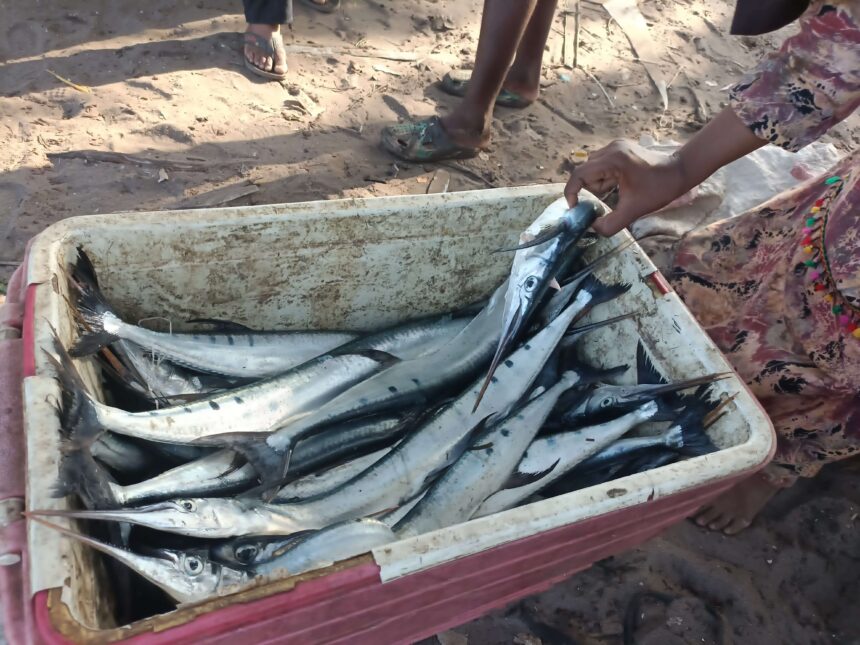By Aghan Daniel I aghandan09@gmail.com

Africa accounted for just 2-3% of the world’s greenhouse gas emissions but paid highly for the continent warming up faster than the global average – as urgent funding is needed to slow down the effects of the current climate change phenomenon, a UN World Meteorological Organisation report warned on Thursday.
In its just released report titled “State of the Climate in Africa 2021,” the UN agency said that last year Africa was one of the top four hottest spots on record.
This was why African countries were demanding from richer, polluting nations to stump up more money for adaptation projects on the continent, the report added, and offer compensation for climate change-linked losses, topics that are expected to be in focus at COP27, the November UN climate summit in Egypt dubbed ‘the African COP.’
The WMO said the need for more investment in climate adaptation was crucial, estimating that climate impacts could cost African nations US$50 billion per year by 2030, with droughts and floods the top concern.
Africa has already seen seas rise one millimetre faster per year than the global average, worsening the threat of severe coastal flooding, the report said.
The report referred to increasingly disrupted rain patterns that have led to the worst drought in the Horn of Africa in more than 40 years – “and devastating floods that are hitting other parts of the continent more and more often.”
South Sudan recorded its worst floods in 60 years last year with over 800,000 people affected, while Chad this year saw its most rainfall in over 30 years as it and many other countries in central and western Africa battled seasonal floods, according to the UN agency.
Scientists said extreme heat and heavy rainfall have been made worse by human-caused climate change and would only increase in severity and frequency as the world continued to warm.
To improve African countries’ resilience, “it is imperative for the continent to accelerate efforts to establish robust regional and national early warning systems and climate services,” WMO Secretary-General Petteri Taalas said.









